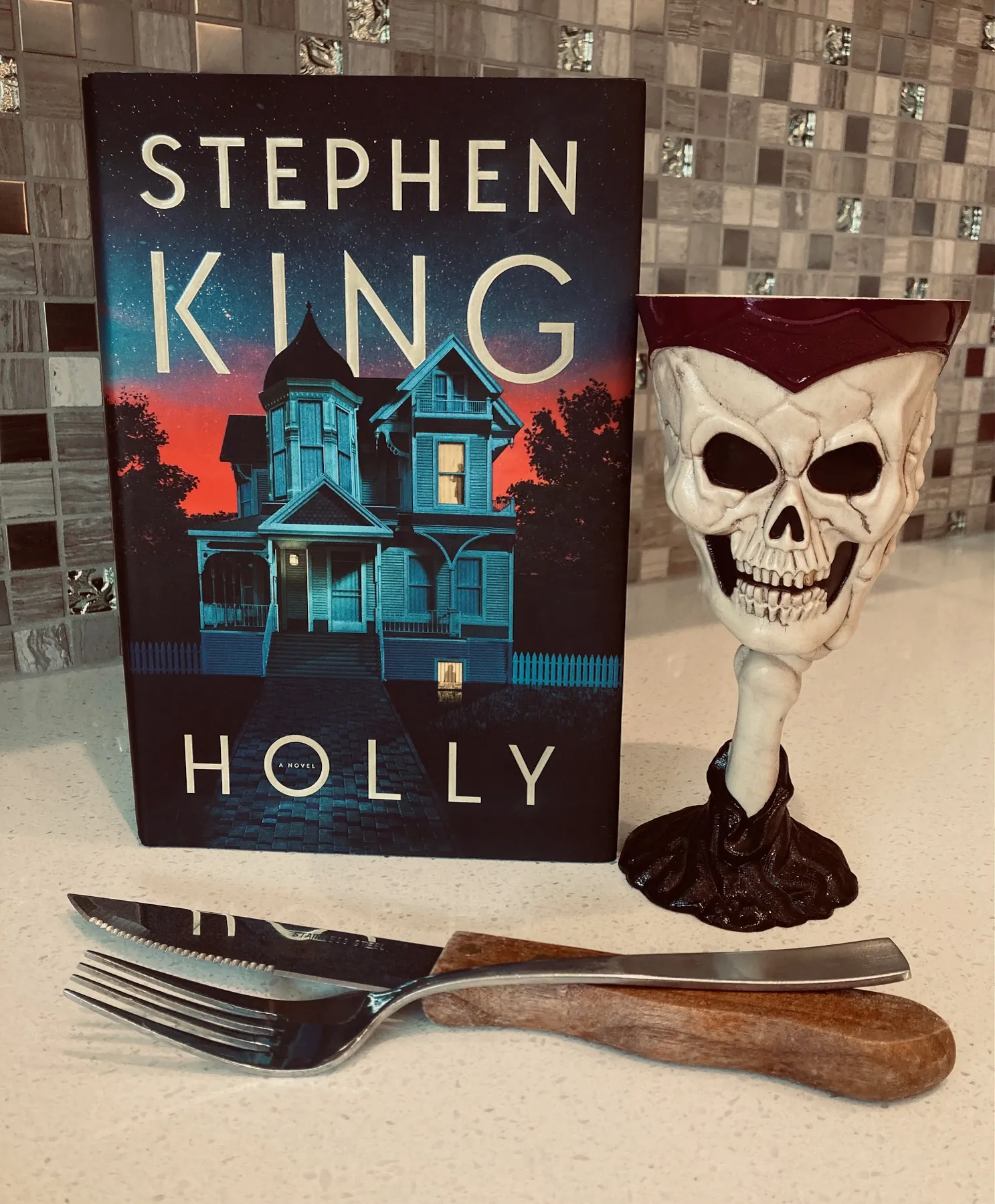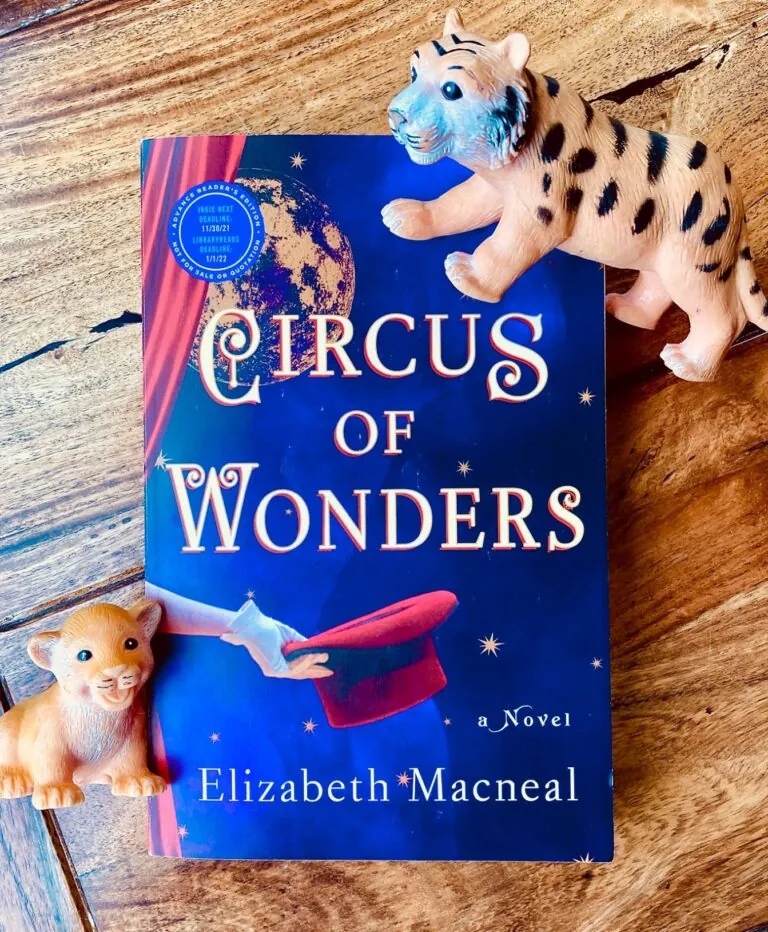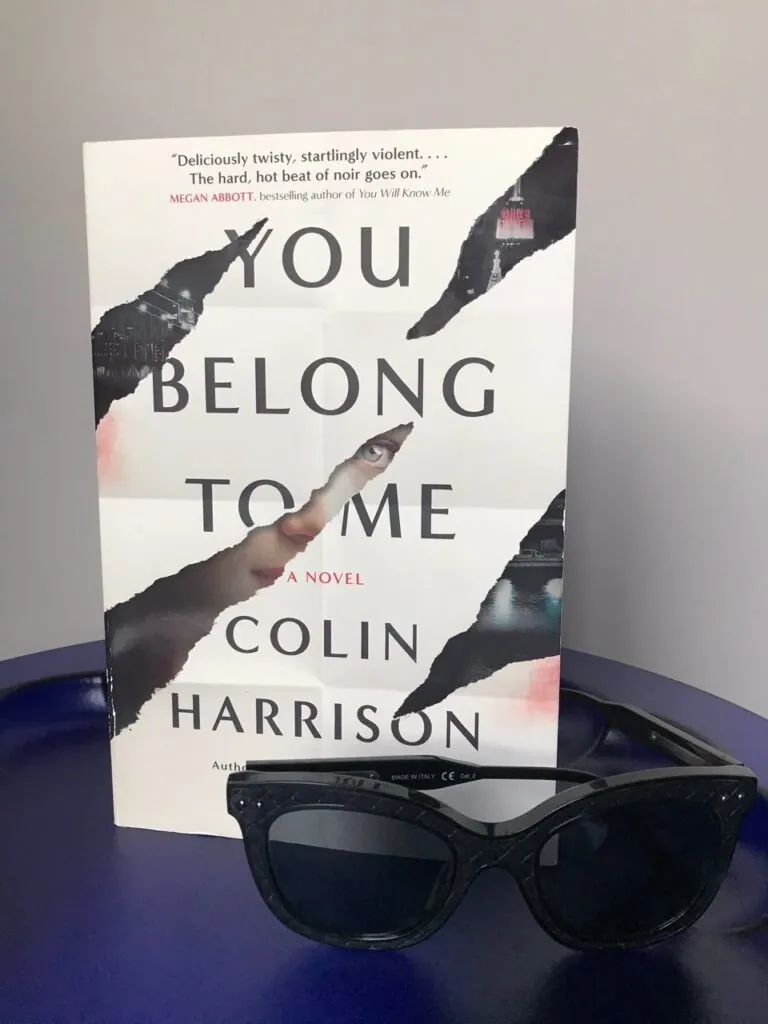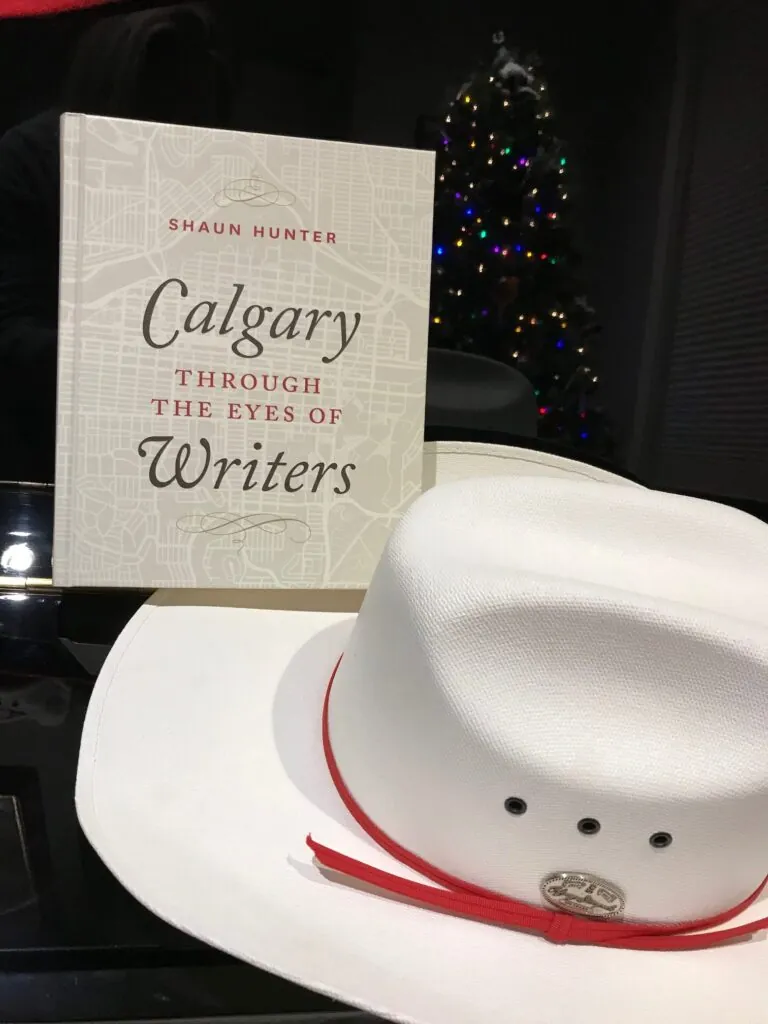Book Review: Holly by Stephen King

It’s October, aka spooky reading season, and how could I let this month pass by without reading the new Stephen King novel? I’m not a die-hard fan; he’s far too prolific for me to have read most of his stuff, but I do enjoy a King novel here and there, and despite its 400 pages, I raced through Holly in a matter of days. I don’t want to give away any spoilers here, but it doesn’t take too far long into the book before you realize what the ‘horror’ element is. Once this is revealed, it’s more of a mystery, a detective procedural and work of suspense, something I wasn’t really expecting from King this time around.
Plot Summary
Holly Gibney is a private investigator belonging to a detective agency by the name of Finders Keepers, which she shares with her partner, Pete. Holly is an odd woman who King fans will be familiar with if they’ve read his last few books, where Holly makes an appearance. This is the first I’ve met her, and other than a few references to previous horrors in her life, there is no reason you need to read those books before enjoying this one. In this novel we meet her during Covid, watching her mother’s funeral on zoom. This story jumps between time periods, starting in 2012, and ending in July of 2021. Holly is hired by a distressed mother whose 24-year-old daughter Bonnie has been missing for almost a month. A note was left taped on her bike that said “I’ve had enough” but her mother suspects this was placed there by a kidnapper. As Holly investigates, she begins to discover other missing persons cases in the same area and suspects a link to Bonnie’s case. Shortly after the book begins, the reader is introduced to the kidnapper, and discovers exactly what is happening to these missing people, and why. So rather than a mystery this is a work of suspense that prompts us to cheer Holly on the closer she gets to solving the case.
My Thoughts
As I mentioned in my previous review of a King novel from a few years ago, his political views are well on display here. In the course of her investigation Holly meets many strangers, sometimes for only a few minutes at a time. But because Holly is a bit of a hypochondriac (her words), she’s very careful about wearing her mask at all times, only touching elbows, using gloves to touch takeout food containers, etc. Her precautions prompt those around her to comment on the situation, some assuring her she’s being duped by a hoax, while others mock her openly, while others still are happy to comply with her wishes. Before hear death Holly’s mother was a big supporter of Donald Trump who refused to get vaccinated, claiming (until she got placed on a ventilator) that she didn’t have Covid, and simply had the flu. Understandably this Covid death puts Holly in a position of defensiveness, but she keeps her opinions to herself when people are lecturing her on their own views of the pandemic. Some may view this as King taking advantage of a reader’s undivided attention to push his own political views, but I see this more as an accurate pulse-taking of the country at that time. People turned the pandemic into a political issue, and most had strong views on both sides – King is simply reflecting that reality back at us.
Race, class and sexual identity other issues that King touches upon, although he doesn’t wade into them as deeply as the pandemic. Most of the victims are white, middle class and heterosexual, but when a few disappear who don’t fit that profile, their cases are treated by very differently by law enforcement, as well as the general public. Assumptions are made about their disappearances, and the length of time they are searched for varies. Some of the victims are never presumed missing at all, simply because they had no one look for them.
So was this book scary? It doesn’t involve any supernatural elements; all the horror is based in human cruelty, but it’s still hard to believe. Like many crime procedurals, instead, we are horrified at the ways in which we treat each other. Stephen King has written over 60 books, and no doubt he has discovered the they scariest thing he can write about is simply us, and the darkest parts of our personalities.





Your last sentence from the scariest thing…………. I don’t think it’s just him. I think it’s a truth. Our behaviours are a real Halloween. Good review.
thank you! The older I get, the scarier I find ‘us’ as opposed to the supernatural. Which is why I’m trying to focus less on the news these days…
I don’t read a lot of King but I did read Mr. Mercedes, which was a not-supernatural thriller, and the horror was very much about the darkness of humans. I don’t think I can take any more of that these days, quite frankly!
And this book Holly is part of the Mr. Mercedes character line I think…someone mentioned a man who drives a mercedes and hits people, which I’m assuming is the premise of Mr. Mercedes..
Fans are definitely not happy the King has gone political, but, on the other hand, no one makes them read nor buy books. It’s almost like they want that old Stephen King, the one fueled by cocaine, to come back, and King wants to avoid punching down, even if his story isn’t about him personally, because there are so many ways in which other people already punch down. Why dog pile on, you know? I think he’s using his status for good, even if the writing sometimes feels like it has suffered when in the hands of straight, white fans used to a limited view of who is a member of society because their own world is so small.
Stephen King used to do a lot of cocaine? yeesh
Famously! The Shining is basically a story he wrote about himself when he was addicted to cocaine. I copied this from an article:
King says he was a “heavy user” of the happy powder from 1978 till around 1986 when he was churning out best-sellers like It, Christine, Pet Sematary, Misery, and Cujo — the classic tale of a murderous St. Bernard dog that King “barely remember(s) writing at all.” Read this: https://www.cracked.com/article_33860_reminder-stephen-king-loved-cocaine.html
OMG this explains so much. But also – how sad!
In his memoir, he writes about how he used to craft his stories on a typewriter that he set on the washing machine. He sat on a stool, and wrote like that, because that was all they had (they were poor). Then, when he got famous he bought this huge, fancy, expensive desk, which is around the time he got addicted to drugs and alcohol. He felt the desk was too symbolic of a big head and problems, so he got rid of it when he got clean. I should re-read his memoir; it’s very good.
So with this convo about Stephen King in mind, I mentioned, on live radio last week, how I think he was addicted to cocaine when he was writing all his famous earlier books, which the host LOLd at